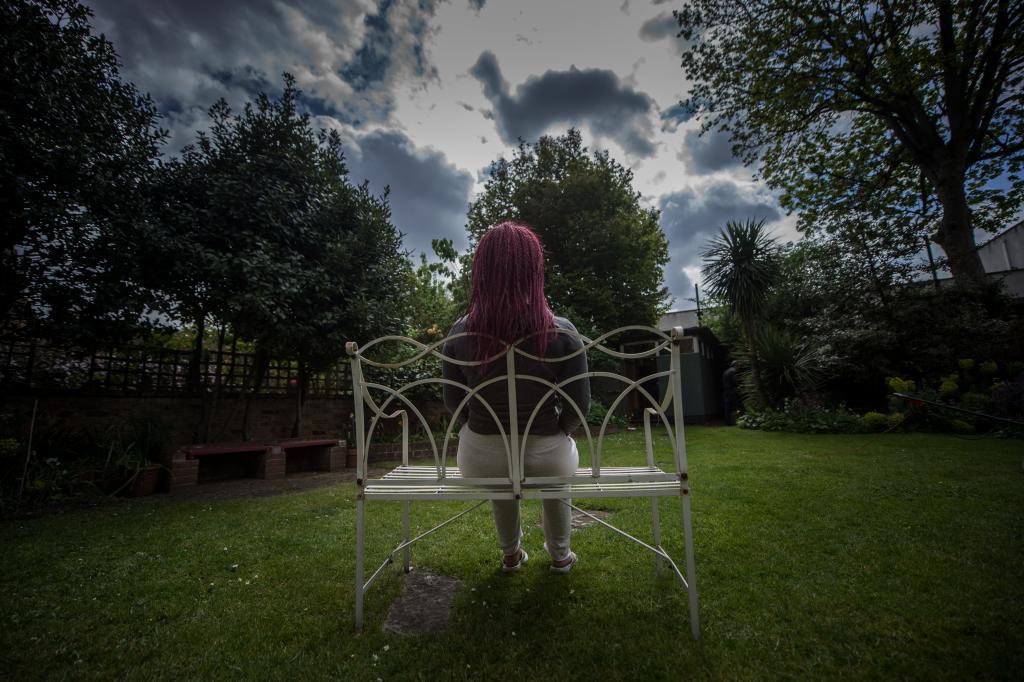A report into the first three years of Caritas Bakhita House has said that it is a ‘highly distinctive, unique and high-quality service.’
The report was produced by the Centre for the Study of Modern Slavery, an independent research centre based at St Mary’s University in Twickenham, found that not only is Bakhita House ‘truly distinctive’ but gives women ‘the best possible chance to continue to grow in confidence and independence when they move on.’
The report identifies three key attributes that make Caritas Bakhita House ‘a uniquely supportive environment’: the House is a home, committed and knowledgeable staff, and the programme of in-house activities. It is these qualities along with a ‘clear spiritual underpinning’, which shape the success of Bakhita House.
Between June 2015 and May 2018 Bakhita House supported 86 female survivors of trafficking and modern slavery with the youngest woman supported being 17 and the oldest 68. The top five countries represented over this three-year period, in order are Romania, Albania, Nigeria, Vietnam and Ethiopia. The women come from many different places but the majority (58%) of the women from 2015-2018 were trafficked into the UK for prostitution and sexual exploitation.
The report draws attention to day-to-day life at the house and the many ways in which staff and volunteers help guests to recover mentally and physically through shared meal times, exercise and trips around London.
Caritas Westminster opened Bakhita House on 30th June 2015. The House provides support for female victims of trafficking and modern slavery, working in conjunction with the Metropolitan Police, the wider Diocese of Westminster, religious orders, the Santa Marta Group and law enforcement agencies across the UK. At the time of the review, the House had eight full-time and six part-time members of staff and fifty-eight volunteers, of which thirty-one are active. The review was conducted between March and June 2018.




